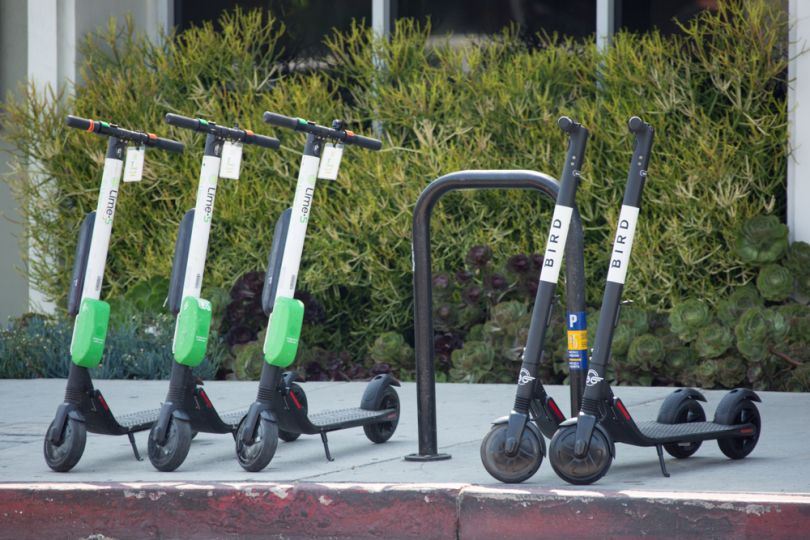
E-scooters and bikes in Los Angeles have become a reliable sight in the streets of Los Angeles and now FutureStructure reports that transportation officials in the city will soon have their hands on usage data due to an agreement among scooter rental operators Lime and Spin and software technology firm Remix.
As part of this agreement, these companies will release data to the Los Angeles Department of Transportation (LADOT) to assist in transportation and transit planning efforts. FutureStructure observes this move is part of a growing trend of the public sector requiring private-sector mobility providers to share data or cease operations. As FutureStructure notes, this trend follows the increased saturation of bikes and scooters in urban areas as transportation preferences shift.
“All of the scooters and the dockless vehicles kind of represent this next wave of mobility that cities are now prepared for, and they know what they want to ask for,” Tiffany Chu, Remix co-founder, explained to FutureStructure. “I think before, they didn’t even know what to ask for. And now, because of all new awesome electric vehicles at our doorstep, it kind of represents the second chance for cities to be at the center of transportation, and access that data that helps them plan out the entire transportation ecosystem.”
Data can inform government decisions on the placement of “bike lanes, bike racks, parking pads for electric scooters and recharging equipment” and other related infrastructure.
"If we’re able to point to real usage, real metrics, real data that says, 'hey, so many people are riding along this corridor, and you know, (using) five different electric vehicle modes,' I think that really tells us something, we have to prioritize it, or else it becomes unsafe."
“Right now it’s so hard for cities to basically make the case for better bike lanes, and better active transportation infrastructure because a lot of times, what it requires is taking away a parking spot or two,” Chu told FutureStructure. “And now, if we’re able to point to real usage, real metrics, real data that says, 'hey, so many people are riding along this corridor, and you know, (using) five different electric vehicle modes,' I think that really tells us something, we have to prioritize it, or else it becomes unsafe.”
“At LADOT, our job is to move people and goods as quickly and safely as possible, but we can only do that if we have a complete picture of what's on our streets and where,” said Seleta Reynolds, general manager of LADOT, in a statement. “That's what this partnership is all about.”



